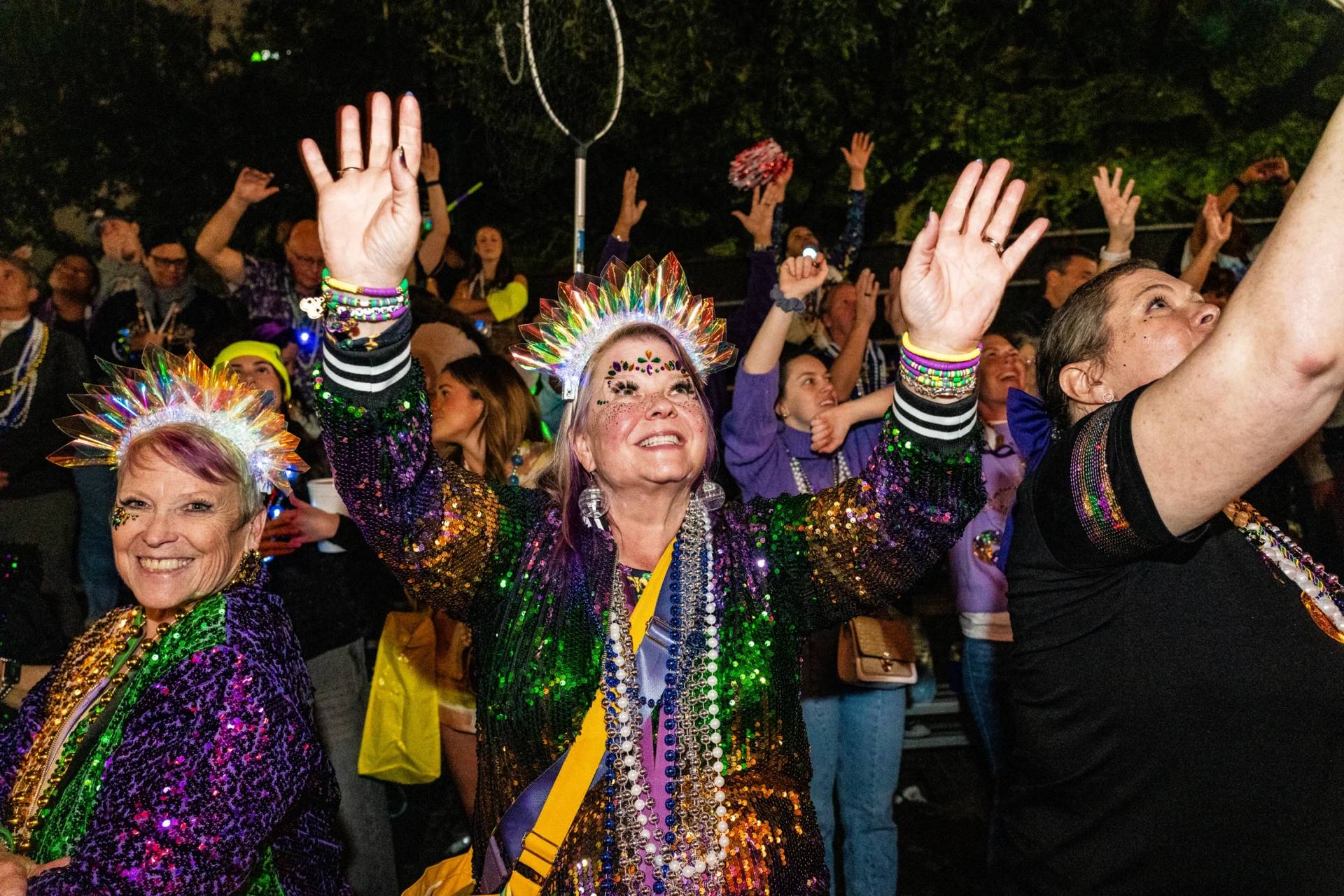NEW YORK – When Bishop Robert Barron woke up at his usual 5 a.m. on June 2, and realized it was the day of his appointment to the Diocese of Winona-Rochester, he said he got down on his knees and asked the Lord to “please make [him] a good shepherd to the people of this diocese.”
Barron said he asked the same before his introductory press conference later that morning, where he introduced himself to his new flock. He said he hopes first and foremost to be a spiritual father to the priests and people of the diocese, and second to be a “shepherd with the smell of the sheep.”
That is: a bishop “out in front of the flock in one sense leading the way, but also with the flock giving encouragement, and in the back of the flock in order to gather those who have fallen behind.”
Archbishop Christophe Pierre, the apostolic nuncio to the United States, publicized Barron’s appointment to the Diocese of Winona-Rochester on June 2. He will be formally installed as the ninth bishop of Winona-Rochester on Friday, July 29, replacing Bishop John Quinn, who has led the diocese since 2009.
Barron comes from the Archdiocese of Los Angeles, where he has served as an auxiliary bishop for the past six years. He served as the chair of the U.S. Bishops’ Conference Committee on Evangelization and Catechesis from 2017 to 2020, and will take the helm of the Committee on Laity, Marriage, Family Life and Youth later this year.
Barron, a 62-year-old Chicago native, is also the founder of the influential Illinois-based Word on Fire independent Catholic media apostolate, which has amassed millions of followers. He said his work with Word on Fire will continue, citing his ability to manage it in Los Angeles and before that at Mundelein Seminary where he was a theological faculty member and rector.
“There’s never been all these years the slightest doubt in my mind that my primary responsibility has always been the mission the church has entrusted to me. The same holds true now,” Barron said. “I’ll continue my work with Word on Fire, which over the years has taken about 10 percent of my time, but my mission is to be the bishop of the Diocese of Winona-Rochester and there’s no ambiguity in my mind about that.”
The Diocese of Winona-Rochester is 12,282 square Miles in Minnesota and has a total population of 597,801, of which 134,027 are Catholic.
Baron said at the press conference that his first priority in the diocese will be getting to know the parishioners, priests, and religious. He outlined his passions as Catholic education, reaching out to the disaffiliated, the cultivation of priestly vocations, and the new evangelization, which he described as the “master theme” of Vatican II.
Reaching the disaffiliated was a particular emphasis of Barron’s comments. He noted the importance of the many colleges and universities within the diocese, and the fact that the cathedral is right near the Mayo Clinic.
“The dialogue between religion and science is a major reason why young people are disaffiliated,” Barron said. “I savor the opportunity within the university and collegiate world here, within this world of Mayo Clinic, to engage in those conversations.”
Later on, he explained his message to the unaffiliated.
“My message to the unaffiliated is give religion a chance because human beings make up churches and so there’s going to be flaws and sins, but the churches are speaking this great truth about the transcendent good who is God and only in God will your soul be at rest,” Barron said.
Elsewhere in Minnesota, Archbishop Bernard Hebda of St. Paul and Minneapolis welcomed Barrron to the state in a June 2 statement, saying he “long admired his ministry” and “very much looks forward to collaborating.”
Archbishop José Gomez of Los Angeles, called Barron “a man of prayer, with fine intellect and a beautiful zeal to spread the love of Jesus Christ,” adding that he’s “certain that he will be a great shepherd for the family of God in Winona-Rochester.”
Barron likewise thanked Gomez. He called him one of the great churchmen of today, and described watching him govern as a “masterclass in ecclesial leadership.” At the same time, Barron acknowledged he looks forward to being an ordinary of a diocese.
“That excites me about this possibility, is to implement a vision for this place … but I have to wait and see,” Barron said. “As I said I’ve got to listen; as the Pope says I have to find out what’s on people’s minds and hearts and what this church is like, but I look forward to that.”
Follow John Lavenburg on Twitter: @johnlavenburg











